In the midst of fending off legal challenges from Magic Leap and Epic Games, startup Nreal isn't retreating. Instead, the company is digging in its heels and pushing forward with its launch plan for its Nreal Light smartglasses.
On Wednesday, the Beijing-based smartglasses released the beta version of NRSDK, the software developers kit for the forthcoming Nreal Light smartglasses. Interested parties can now register as a developer and then download the SDK through Nreal's website.
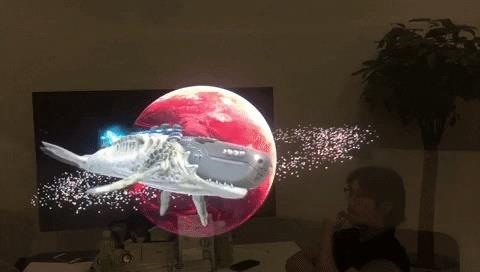
The SDK comes ahead of the scheduled September release of the Nreal Light Developer Kit, a $1,199 package that includes the Nreal Light smartglasses and a tethered computer pack. (Developers can sign up for an early opportunity to purchase the kit via Nreal's developer site.)
"The highly anticipated beta SDK from Nreal is finally giving developers a head start in building new applications that enable developers to port a mixed reality environment to their existing apps on the market or to build completely new MR applications for Nreal Light," said Chi Xu, CEO and founder of Nreal, in a statement. "Even without the Nreal Light Developer Kit, developers can begin building and testing apps through our testing environment starting today."

The SDK enables developers to build spatial computing apps that leverage the SLAM and computer vision capabilities of the Nreal Light via its depth sensor array, optimize graphics rendering for the smartphone-based CPU, and offers the ability to add multiple interaction methods, such as Nreal's three degrees of freedom controller or a tethered smartphone.
Taking yet another page out of Magic Leap's playbook (more on that later), Nreal's SDK offers an observer view that, like Magic Leap's Device Stream, enables Nreal users to share their view to a tablet.
In addition to building new augmented reality apps, developers can adapt their existing Android apps to Nreal's flavor of augmented reality via the NRSDK. Developers can also integrate third-party SDKs into NRSDK and access raw sensor data in a similar fashion to Research Mode for HoloLens)
The third step of the Nreal Light launch plan comes in the form of the consumer edition of the Nreal Light, a $499 configuration that includes just the smartglasses for customers to tether to a compatible Android smartphone running on the Qualcomm Snapdragon 855 chipset.
But will Nreal Light actually see the light of day? While the complaint by Epic Games concerns trademark claims over possible confusion between the Unreal Engine name and Nreal's name, Magic Leap's lawsuit poses a direct threat to Nreal's core product.
Magic Leap alleges that Xu, a former software engineer for Magic Leap, stole trade secrets during his time at the company. The Florida-based startup also accuses Xu of not only using his ill-gotten information to jumpstart the development of the Nreal Light, but also copying Magic Leap's marketing and branding strategy, right down to the font in Nreal's logo.
Despite the features mentioned in Nreal's SDK, these still unresolved legal woes could be enough to scare away potential augmented reality developers and stop some from even kicking the tires on a product whose future in the US market is now uncertain at best.
Just updated your iPhone? You'll find new features for Podcasts, News, Books, and TV, as well as important security improvements and fresh wallpapers. Find out what's new and changed on your iPhone with the iOS 17.5 update.
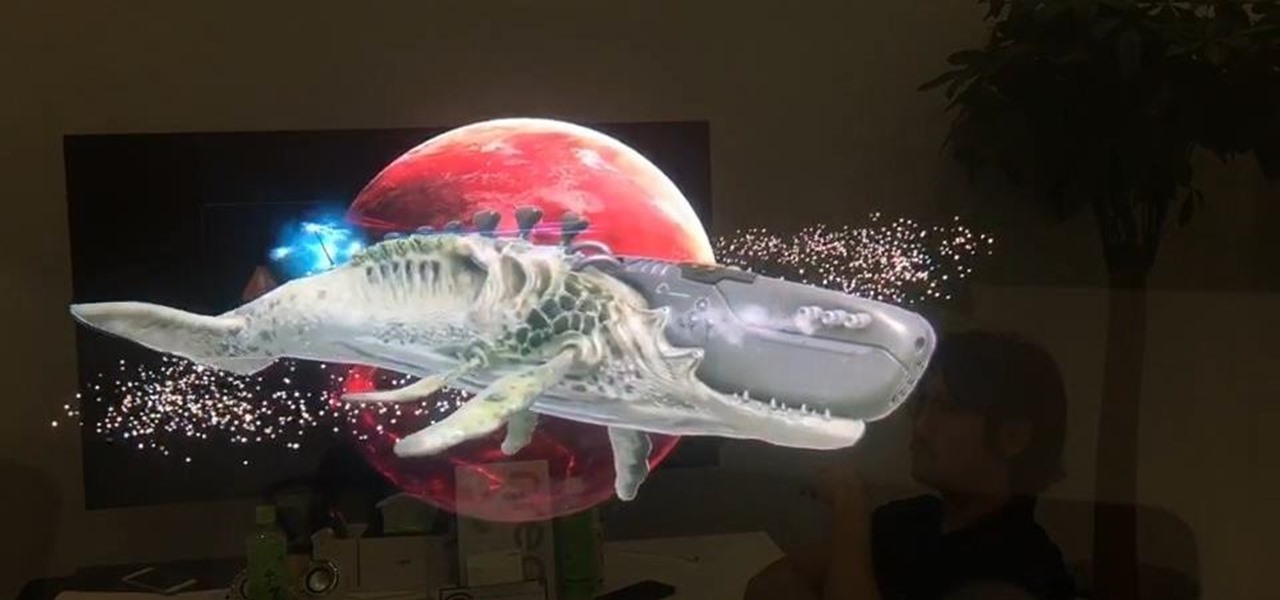


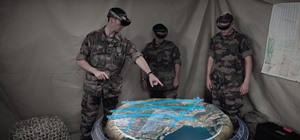
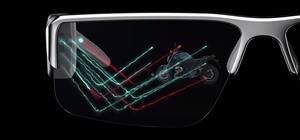

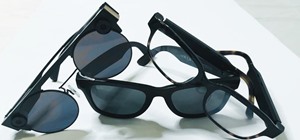
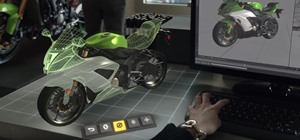



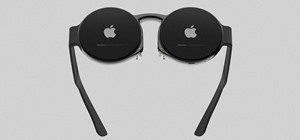

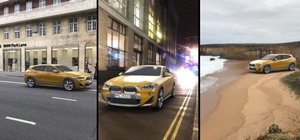


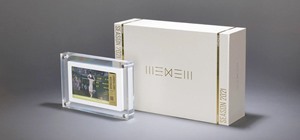

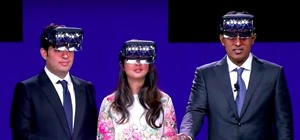



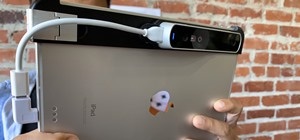
Be the First to Comment
Share Your Thoughts